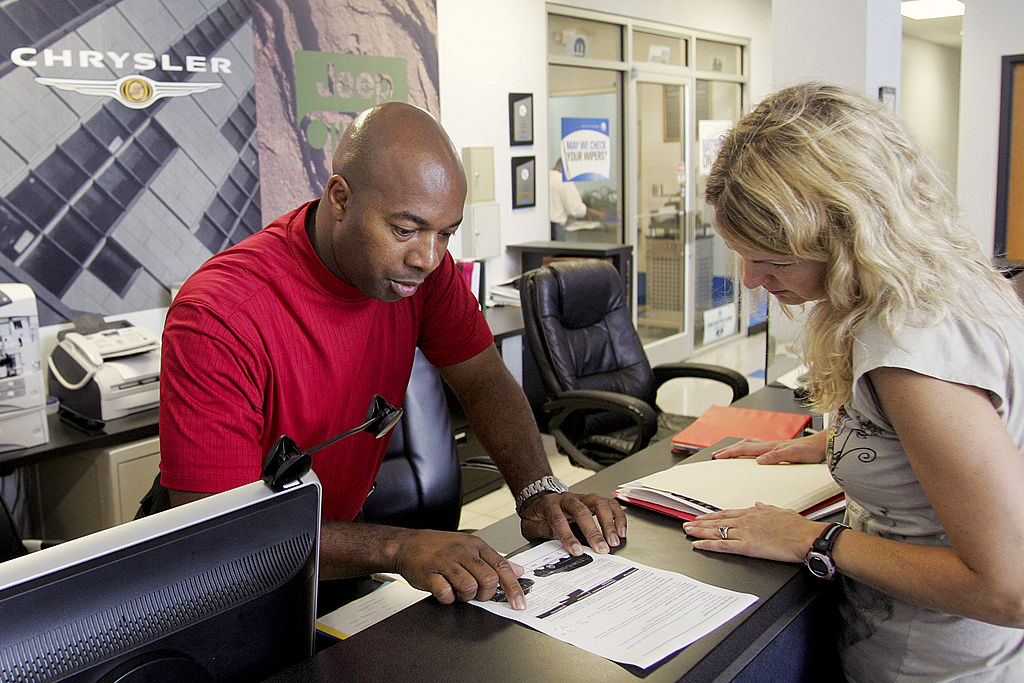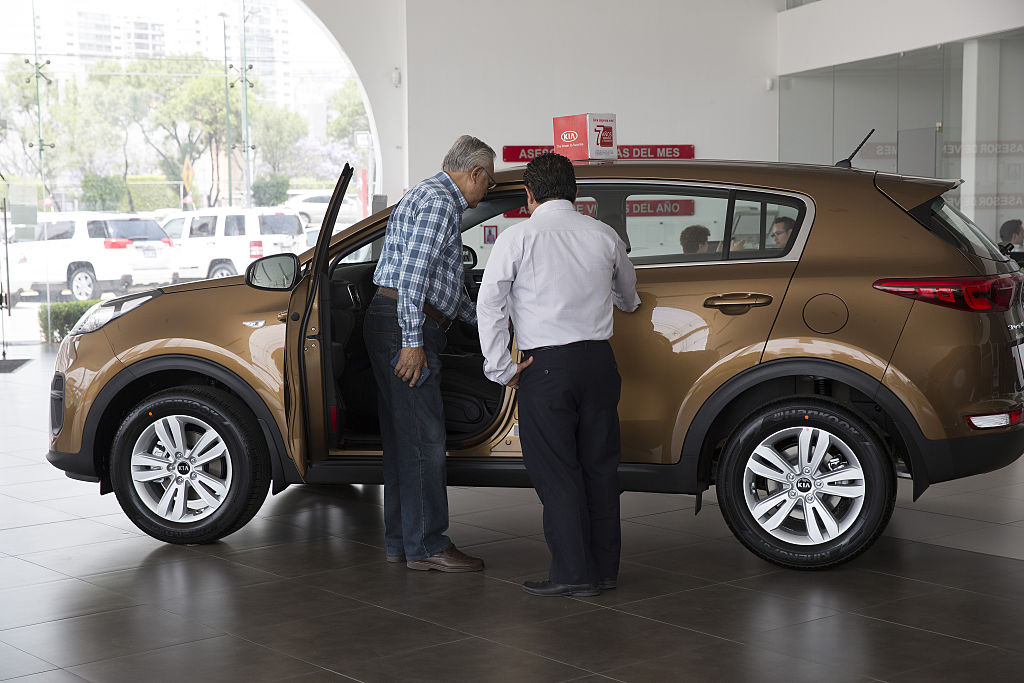
Is Negotiating a Car Deal Really Worth Your Time and Effort?
One of the toughest parts of buying a car from a dealership is being presented with the final sales numbers and trying to decipher whether or not you’re getting the best car deal. Even if you have done all of your research beforehand and know the price that you should be paying, it can be tempting to try to get an even better price by negotiating with the salesperson. But is negotiating the price really worth your time and effort?
How much can you really negotiate off the price of a car?
The truth of the matter is that dealers work in margins. Like all businesses, they aim to be profitable, but believe it or not, they usually aren’t. In order to explain how the pricing works, here are a few key terms:
- MSRP: The “Manufacturer’s Suggested Retail Price,” or starting price of the car
- Invoice price: The price that the dealer pays for the car
- Pricing margin: The amount between the MSRP and invoice price
- Incentives: Customer cash rebates or dealer cash. Dealer cash is unadvertised money that dealers get paid by the manufacturers to sell cars.
Ideally, the dealer would love to have everyone pay MSRP pricing for their cars and get the most profit, after all, that’s the value that the manufacturer themselves think that the car is worth. However, that’s never usually the case, so that’s where the negotiations come into play. You typically will start at MSRP, or close to it, and try to get down to the invoice price or lower. The reason that dealers can go lower than the invoice is due to the extra incentives that the dealer may have.
However, not every car can be negotiated past the invoice pricing or even close to it. Slower-selling cars and popular cars might have more discounts, whereas rare and high-demand cars might not. For example, you might be able to get a Honda Civic Sport for less than invoice, but you’ll definitely have to pay MSRP (or higher) for a Civic Type R.

How to get the best price
The power of the Internet has made car shopping much simpler when it comes to getting the best deal on a car. You can easily find the car you want, email multiple dealers in your area, and figure out which one can get you the price you’re looking to pay. When it comes to Internet sales, each dealer is looking to undercut the other in order to earn the most business, so you can expect to see prices at invoice or even well below it.
In order to find the invoice price, you can use tools like TrueCar, so that you know roughly what you should be paying and what you can consider a “good deal.” TrueCar even works with dealers in your area to get you the best pricing possible on that specific car, so you can actually inquire through TrueCar as well and get their pricing. However, most “internet prices” from your local dealers will be on par with TrueCar and sometimes even better.

Is really worth it to negotiate?
Technically, if you inquire via an online inquiry, and know what the invoice price is, then you will see that the internet price typically includes all of the possible price reductions and there’s usually no point in trying to negotiate more money off. However, you can always try, but don’t expect thousands off. If anything, they might give you another $100 or so. It’s worth a simple ask, but there’s no need to “do battle” anymore.



